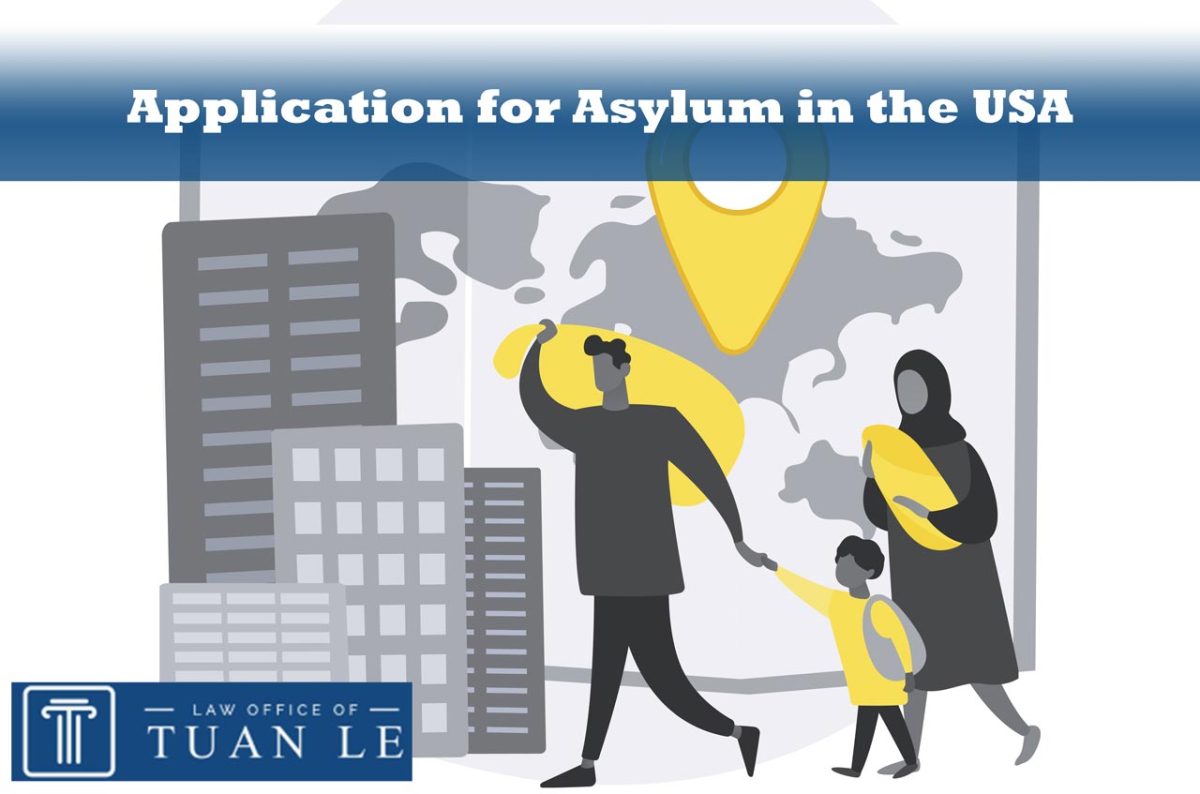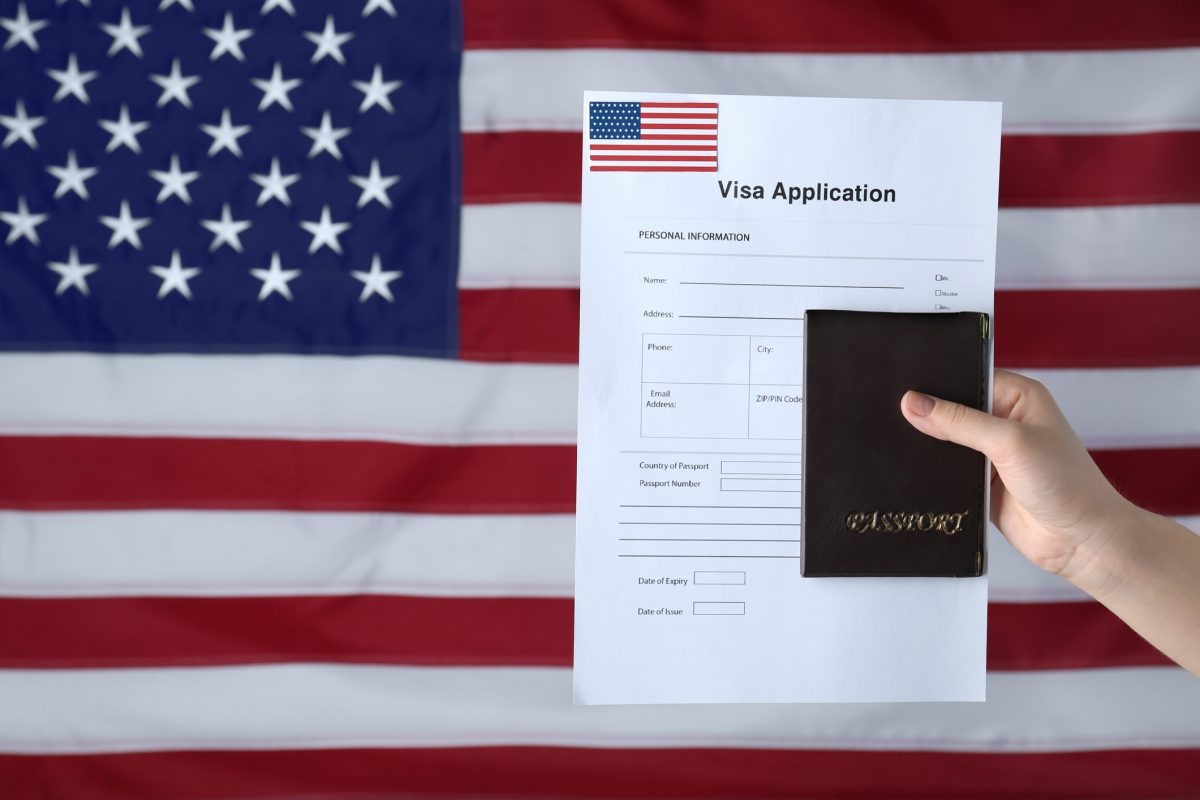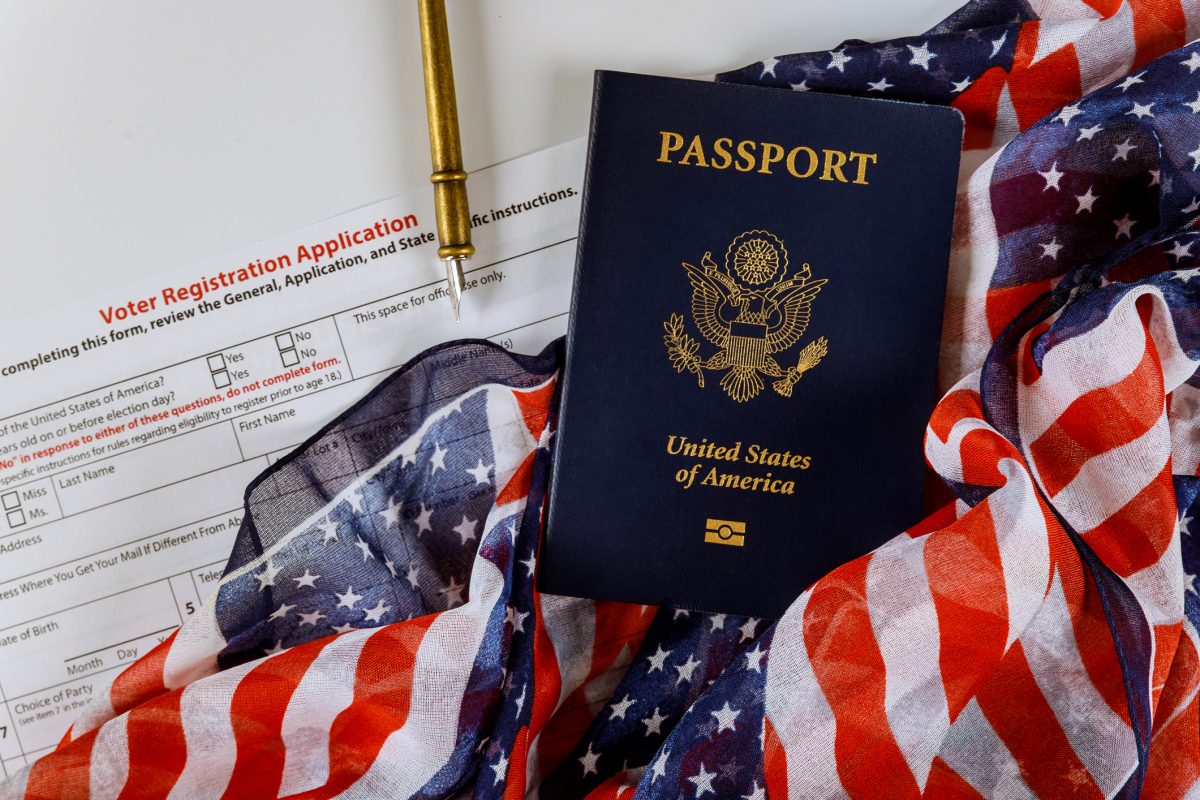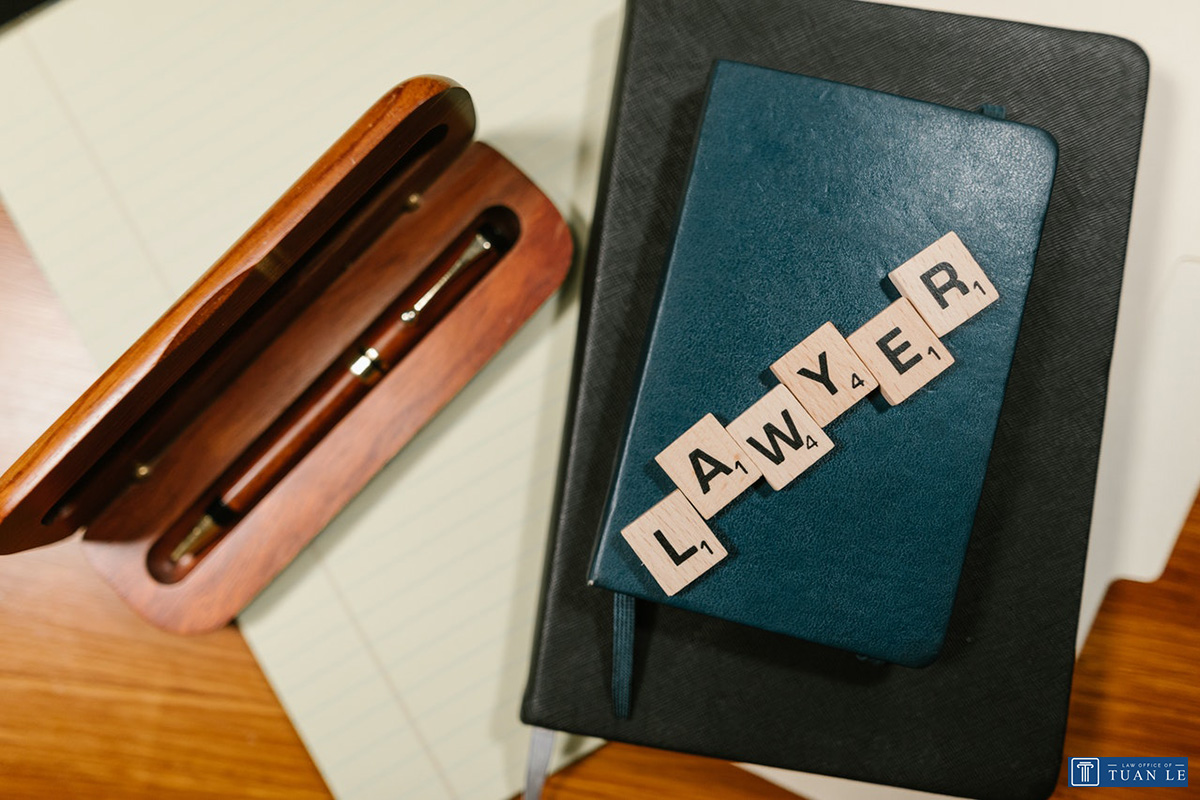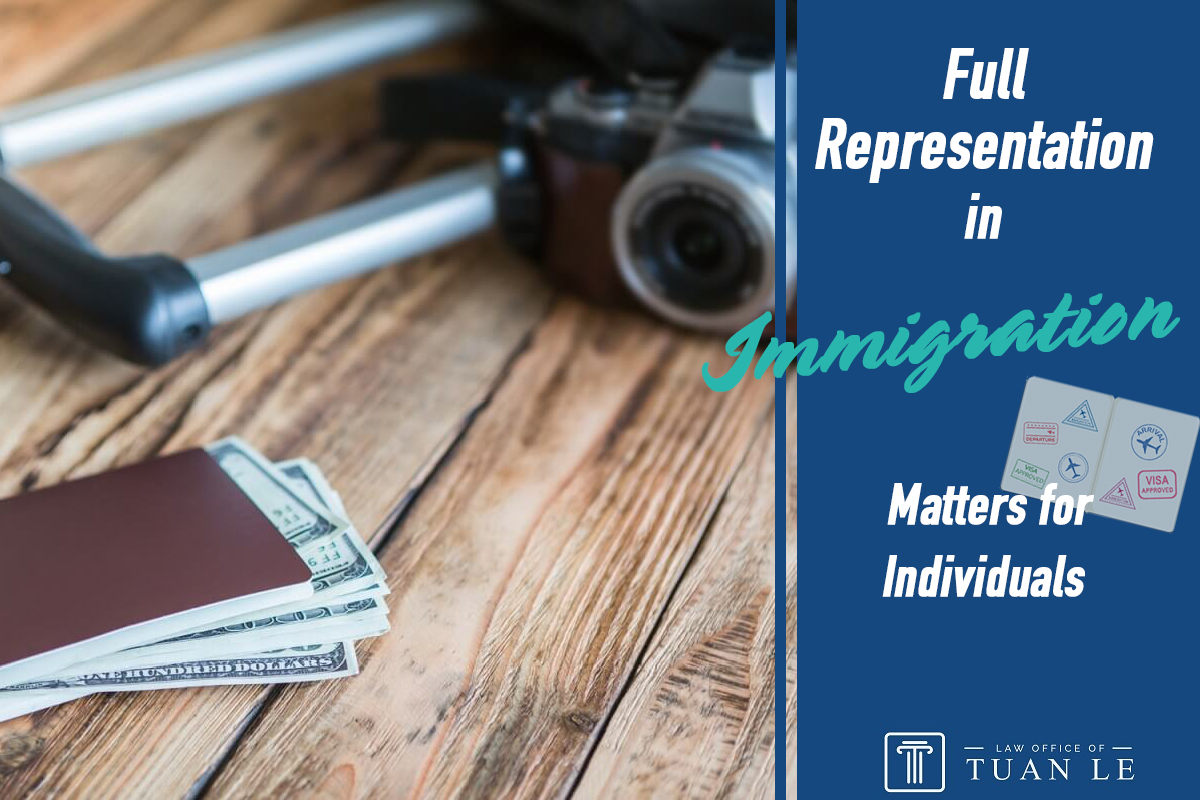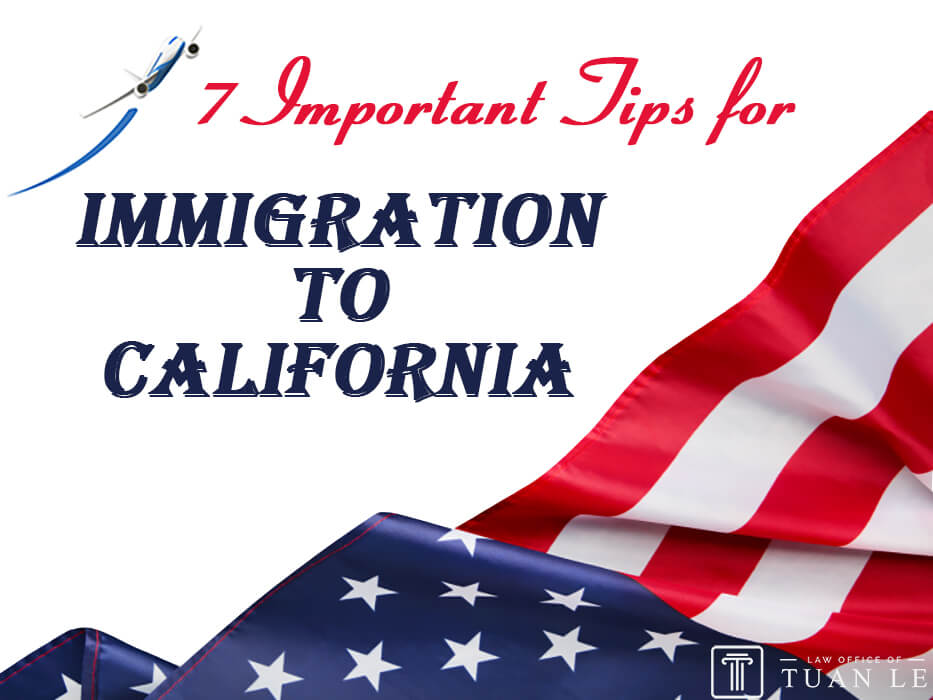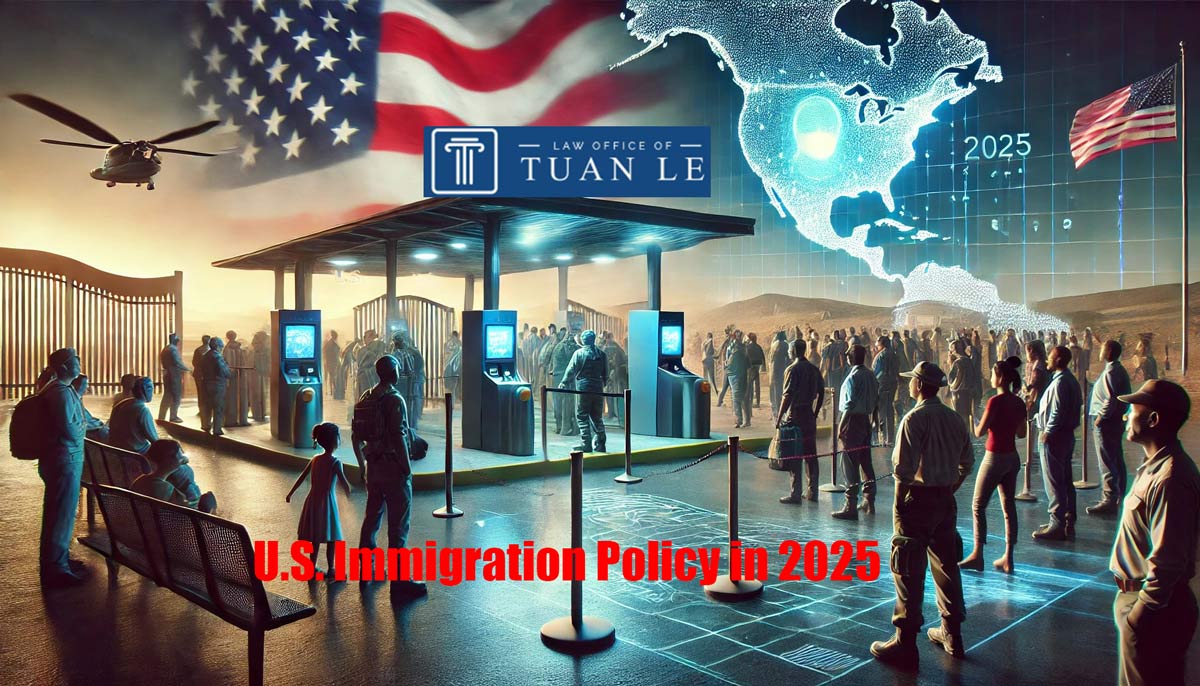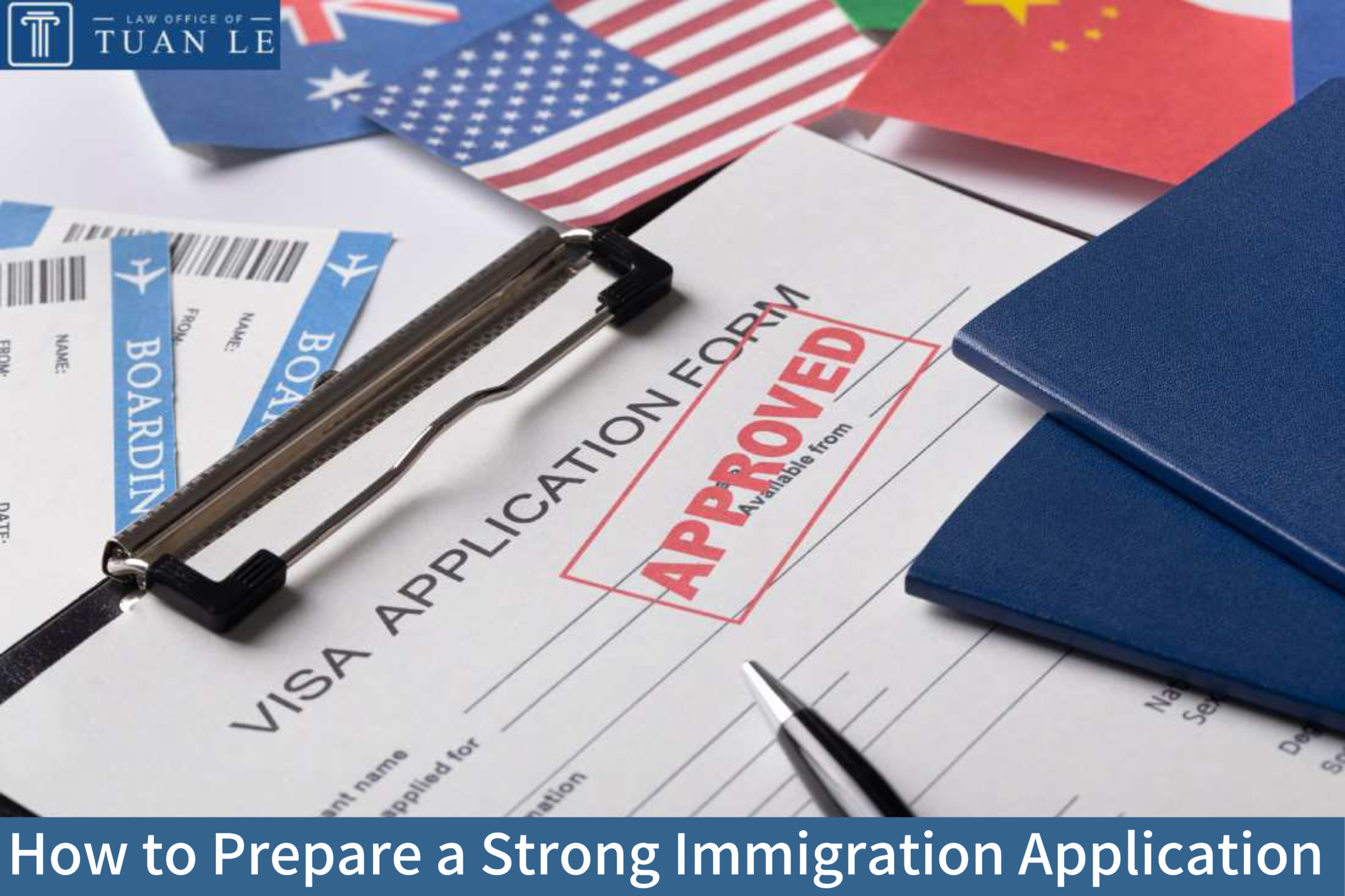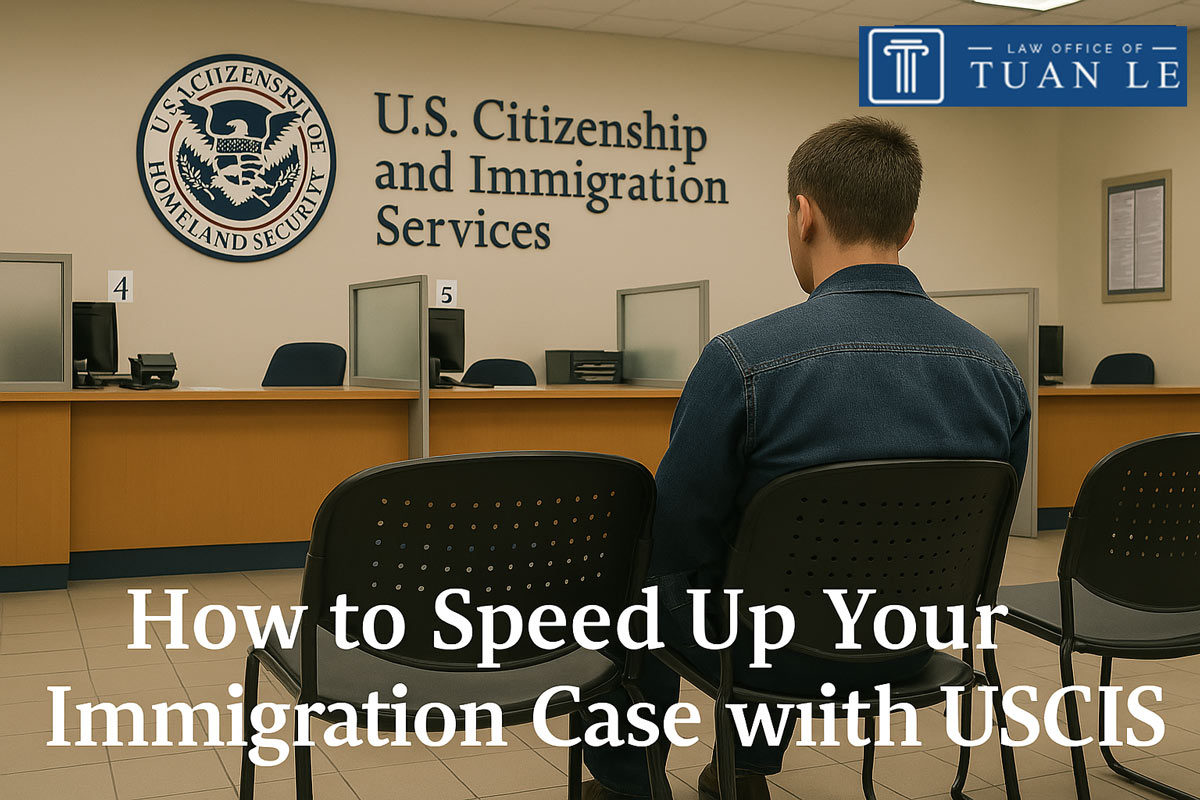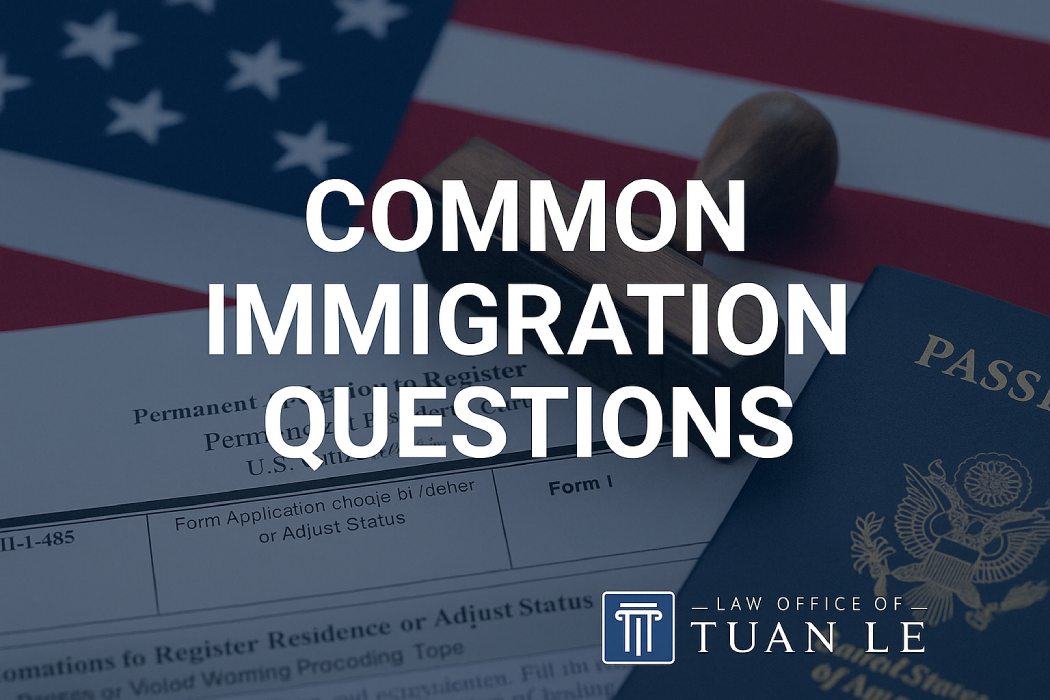EB-2 Employment-Based Visas: Whatever You Need to Know
.jpg)
Non-US citizens with exceptional abilities or an advanced degree can immigrate to the United States of America through EB-2 employment-based visas. These immigrant employment-based second preference visas fall into three different categories, including EB2 advanced degree visa, EB2 exceptional ability visa, and National Interest Waiver.
In this article, we will discuss the EB-2 visa requirements and eligibility, and application process. At the end, we will answer some of your FAQs about EB-2 visas.
Filing for a US employment visa can be a complicated and frustrating process. Have an experienced immigration lawyer by your side.
Call for a 30-minute free consultation with our accomplished immigration attorney.
What Are EB-2 Employment-Based Visas?
There are various kinds of U.S. employment-based visas, such as H1-B visa, EB-1 visas, L-1 visa, O-1, EB-2 visas, etc. Some of them are non-immigrant visas, such as H1-B, L-1, and O-1 visas but others are immigrant visas, like EB-1 and EB-2 visa categories. These immigrant visas are granted to those who are highly qualified, for example, outstanding professors, individuals with exceptional abilities or advanced degrees, or multinational managers.
Here, we focus on EB-2 employment-based visas, which can be divided into three different visas with an annual cap of 40,000 slots. EB-2 advanced degree and EB-2 exceptional ability visas both require a labor certification.
1. Advanced Degree Requirement for EB-2 Visas
EB-2A visa or EB-2 advanced degree, is a type of visa that is designed for individuals with advanced academic degrees, such as a PhD, an M.D., or a Master’s degree. For those with a Bachelor’s degree, they should also have a minimum of 5 years of work experience in their field. Besides, this experience must have improved the applicant’s knowledge due to the job’s complexity and responsibilities.
Except for the degree, the individual must have
- A job offer from an American employer in the US. The position must be relevant to the degree and work experience of the applicant.
- A labor certification obtained from the US Department of Labor. This is to make sure there are no American citizens for the position and hiring a foreigner is necessary. This is a process that the US employer must do and we will talk more about the details later.
- Supporting documents for EB-2 visa application. The applicant must prove their degree and or work experience by providing some documents. For example, a degree or a diploma, evidence of work experience, letters of recommendation, proof of publications and other relevant achievements, relevant certifications, etc.
However, although many can acquire the EB-2 job offer and labor certification, each individual case is evaluated by the USCIS based on its evidence and merits. Therefore, there is no guarantee of approval. That is why, how well you support your case with the documentation is of crucial importance.
2. Exceptional Ability Requirement for EB-2 Visas
EB-2B or EB-2 exceptional ability visa is designed for those individuals with exceptional ability and expertise in any field of science, arts, or business. The applicants in this category must be able to prove that their expertise is in such a degree that they have achieved national or international acclaim. Therefore, their ability must be much beyond an ordinary expert in their field.
To prove this, they should provide the following documentation and proof.
- Any relevant academic degree, diploma, certificate, etc.
- Letters of recommendation from their colleagues, employers, and other recognized experts in their field of expertise attesting their high level of ability.
- Proof that they are a member of any relevant professional associations or organizations.
- Any relevant prizes, awards, and other achievements that can be proved by evidence.
- Relevant professional published materials.
- Proof that they have been a judge to evaluate the work of other professionals in their field.
- Evidence to prove that they have been given a high salary or payment in relevant work compared to other professionals in the same field.
- Evidence of relevant work experience.
- Proof of leadership positions in a professional and relevant committee or organization.
Additionally, for this EB-2 visa eligibility, the applicants need
- A specific and relevant job offer from a US employer.
- A labor certification.
As both EB-2 advanced degree and EB-2 exceptional ability visa categories require a US employer sponsorship with a ‘Permanent Employment Certification’ or a PERM (a labor certification), these two types of visas are sometimes referred to as EB-2 PERM visas.
3. National Interest Waiver (NIW) for EB-2 Visas
In some cases, individuals with advanced degrees or exceptional abilities can prove that their expertise and project will be of national benefit to the United States. In this case, the applicant can self-petition for an EB-2 visa which does not require a job offer, and therefore, no labor certification will be needed. This is called EB-2 NIW or the National Interest Waiver.
To learn more, read ‘Our Step-by-Step Guide to National Interest Waiver’.
To find out if you are eligible for any of the EB-2 visa categories, discuss your case with our accomplished immigration visa lawyer.
EB-2 Visa Application Process; Applying for EB-2 Advanced Degree and Exceptional Ability
The application process for EB-2 PERM visas includes three main steps that must be done by the employer and the applicant.
- Obtaining a PERM certification (a labor certification).
- Filing Form I-140.
- Attending the EB-2 visa interview and biometrics.
The two first steps are taken by the employer. Below, an overview of the labor certification process is given. Then, we will discuss the other steps in detail.
EB-2 Labor Certification Process
According to US immigration laws, obtaining a PERM is necessary for a US employer to ensure that there is no qualified US worker for the position that is offered to a foreigner.
To prove this, before applying for a PERM certification, the employer must
- get a prevailing wage determination from the Department of Labor. This is to specify what the average salary for that job position in that specific area is. And the employer must offer the same wage or higher for the position.
- conduct recruitment efforts to hire US workers. This process typically involves printing job advertisements in a newspaper and some other channels for a specified period of time.
At this point, if the employer could not find any US worker for the job position, they must prepare a report and documentation to show that they conducted a genuine attempt to hire American workers but they could not find a qualified person. In this report, they should include some details about the recruitment efforts, such as the number of applicants and why they were rejected.
After they gathered all the necessary documents and evidence, they can apply for the permanent labor certification by filing form ETA-9089 with the Department of Labor. For more information about the pre-filing steps and the labor certification process, read ‘General Instructions on How to Obtain a PERM’ and ‘Basic Labor Certification Process’.
This process can be complicated and take about a year. To avoid any more complications, it is highly recommended that an immigration attorney represents or assists the employer through these steps.
Applying for EB-2 Employment-Based Visas; Filing Form I-140
After the employer’s request for the labor certification is approved by the Department of Labor, the employer can apply for the EB-2 advanced degree or EB-2 exceptional ability on behalf of the foreign individual. These non-US citizen individuals might be present in the United States or another country.
To apply, the sponsoring employer has to file Form I-140 with the USCIS only within 180 days after receiving the PERM certification. To find out more about the information needed to fill out the form, read this instruction on filing Form I-140.
Along with the completed form, all the documentation and evidence needed to prove the eligibility of the foreign individual must be sent to the USCIS. Besides, the labor certification and proof that the employer will be able to pay the wage are needed to be mailed to the USCIS. You can find a list of filing addresses here.
By creating an account on the USCIS website, the employer can track the application process.
Consular Processing for EB-2 Visas
In some cases, the USCIS sends a notice to the applicant to attend an interview or a biometrics appointment. All the necessary information needed is provided in the notice, such as the time and place. For those applicants outside the United States, they are directed to contact the US embassy where they can attend.
Typically, the applicants are required to take some documents to the interview, otherwise, their case might not be approved or it might be delayed until they provide the required documents.
At the end of the process, the USCIS informs the applicants about their decision. If your EB-2 visa request is approved, then you can proceed to file for a green card.
Adjustment of Status for EB-2 Visas
Once you receive your EB-2 visa, if you are in the U.S., you can apply for your green card by filing Form I-485. Except for the completed form, some other documents are required, such as travel records, criminal records, a copy of your birth certificate, a report of the medical exam, etc.
If you are residing outside the United States, you can apply for your permanent residency by filing Form DS-260. This also needs some additional documents, like police certificates, criminal records, birth certificate, etc. In addition, there will be a medical exam and an interview.
Note: Before you apply to adjust your status, it is necessary to check the EB-2 visa bulletin to see if there are any green cards available for your category.
There are a lot of challenges for EB-2 visa applicants, but hiring an accomplished immigration lawyer can help you navigate the application process effectively.
Our law office is here for employers and foreign nationals seeking EB-2 visas in Orange County, CA.
FAQs about EB-2 Employment-Based Visas
Our visa lawyer has answered some of your common questions regarding EB-2 employment-based visas.
How Long Does the EB-2 Employment-Based Visas Application Process Take?
The time it takes to process the request for the labor certification can take up to a year. Besides, the USCIS also spends a few months to consider the application and the documentation. While on average the whole process takes about 18 months, it can be longer in some cases.
What Are EB-2 Priority Dates?
The dates that specify the time when green cards are available for EB-2 visa categories.
What Are Some Essential Tips for EB-2 Visa Applicants?
It is a good idea to
- do thorough research about EB-2 visas and other employment-based visas to make sure this is what you want and need.
- seek legal guidance before doing anything to see if you are eligible for any of the EB-2 visas.
- gather strong evidence and documentation to support your case.
- prepare a compelling personal statement that clearly articulates your skills, qualifications, knowledge, and goals.
Are Eb-2 Employment-Based Visas and US Green Card the Same?
No. They are not the same thing. Eb-2 visa categories are granted to qualified foreigners to live and work in the US unconditionally, but it is not a permanent residency (a green card). However, an EB-2 visa holder can apply for a green card to become a permanent resident.
Hire a Top Immigration Lawyer for Your EB-2 Visa Renewal or Application
We have explored different possibilities to get EB-2 employment-based visas. Whether you think you are qualified for EB-2A, EB-2B, or EB-2 NIW, the Law Office of Tuan Le can help you through every step of the process.
Our team specializes in immigration matters and with our experience you do not have to worry about what to do next and how to prepare yourself for each step of the application or EB-2 visa extension.
To talk to our accomplished visa attorney, call us at 714-877-5840 or fill in the form below.
The information provided on this page or article does not, and is not intended to, constitute legal advice; instead, all information, content, and materials available on this this page or article are for general informational purposes only. Information on this this page or article may not constitute the most up-to-date legal or other information.
Readers of this this page or article should contact their attorney to obtain advice with respect to any particular legal matter. No reader, user, or browser of this this page or article should act or refrain from acting on the basis of information on this site without first seeking legal advice from counsel in the relevant jurisdiction.
By Tuan Le|October 23rd, 2023|Immigration , work visa attorney|Comments Off
About the Author: Tuan Le
Are you dealing with an immigration issue or planning to file for bankruptcy? Mr. Tuan Le is an expert attorney who offers representation in all these areas.
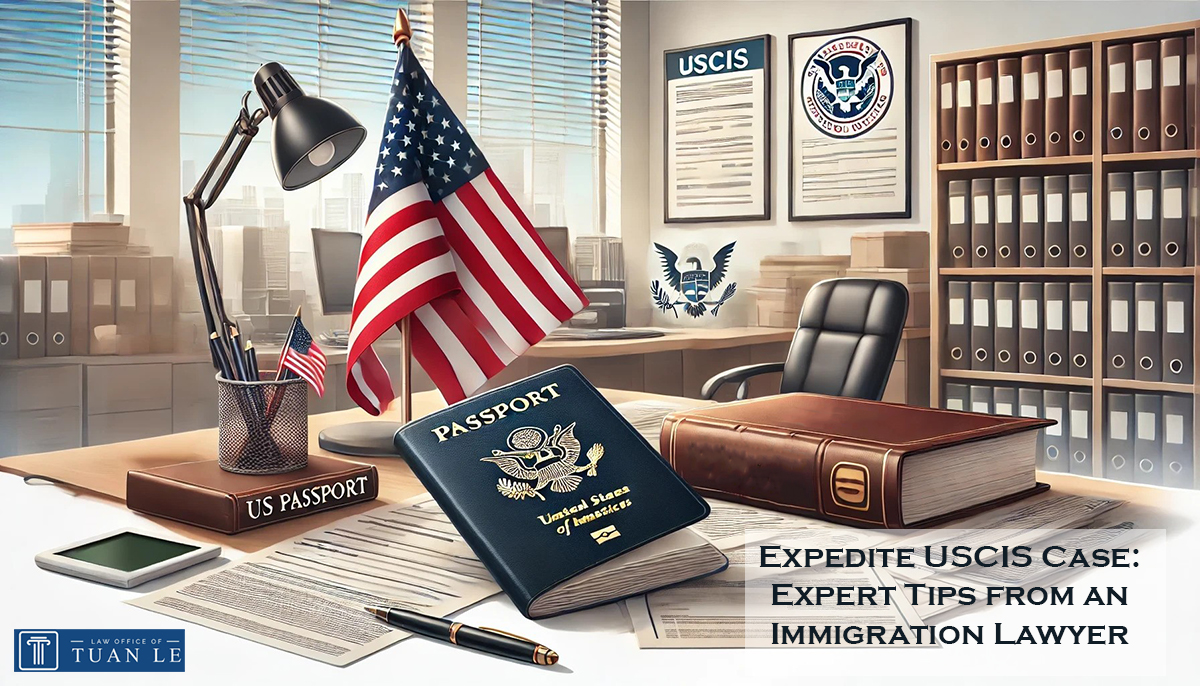
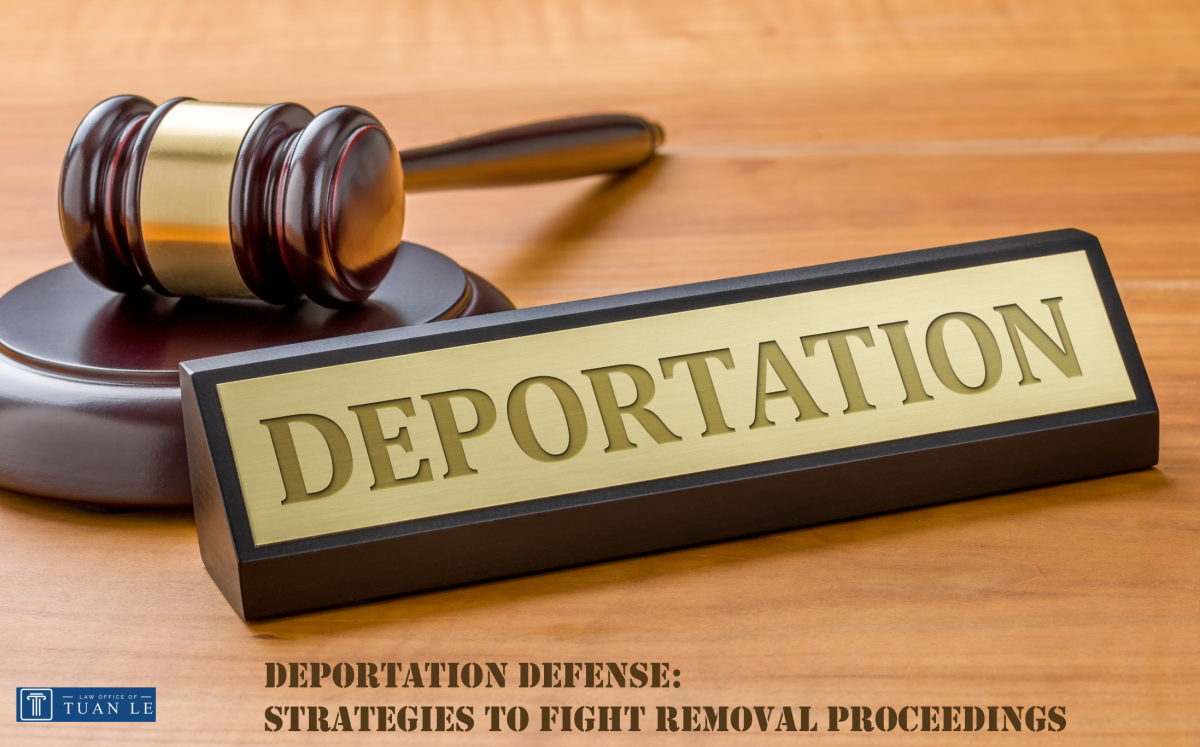

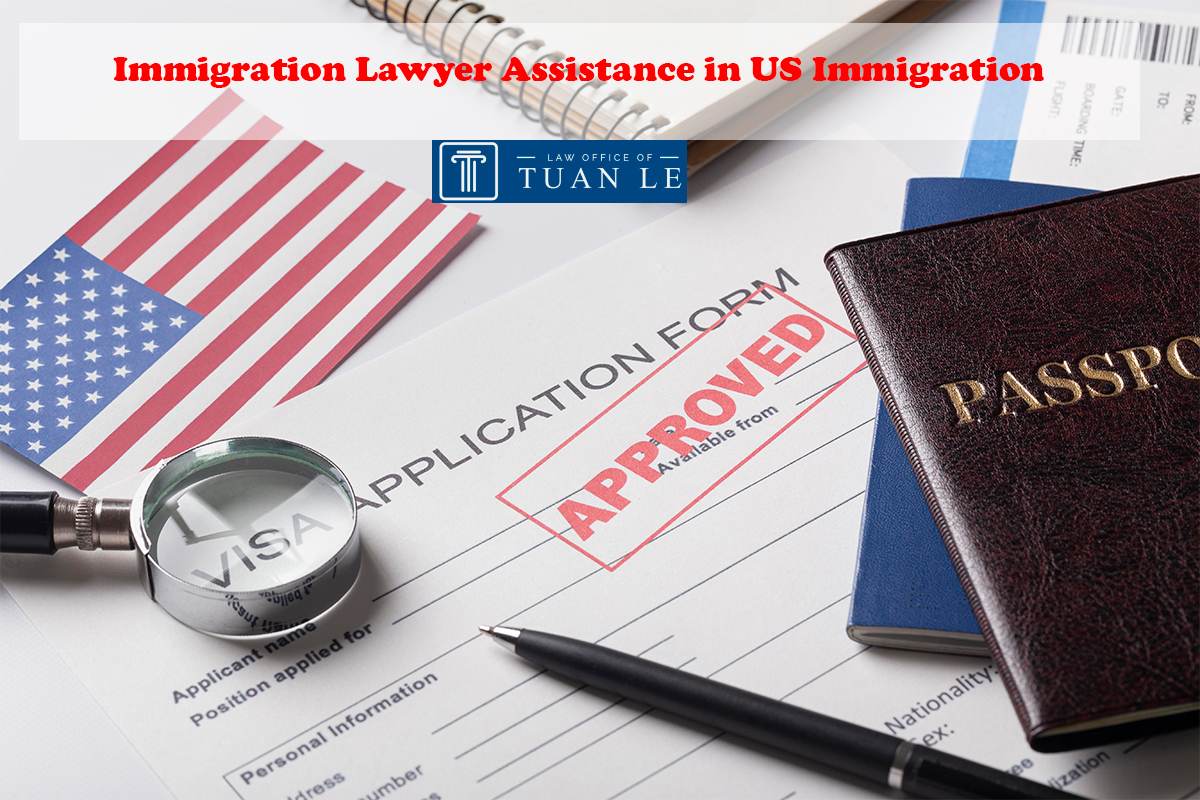
.jpg)
.jpg)
